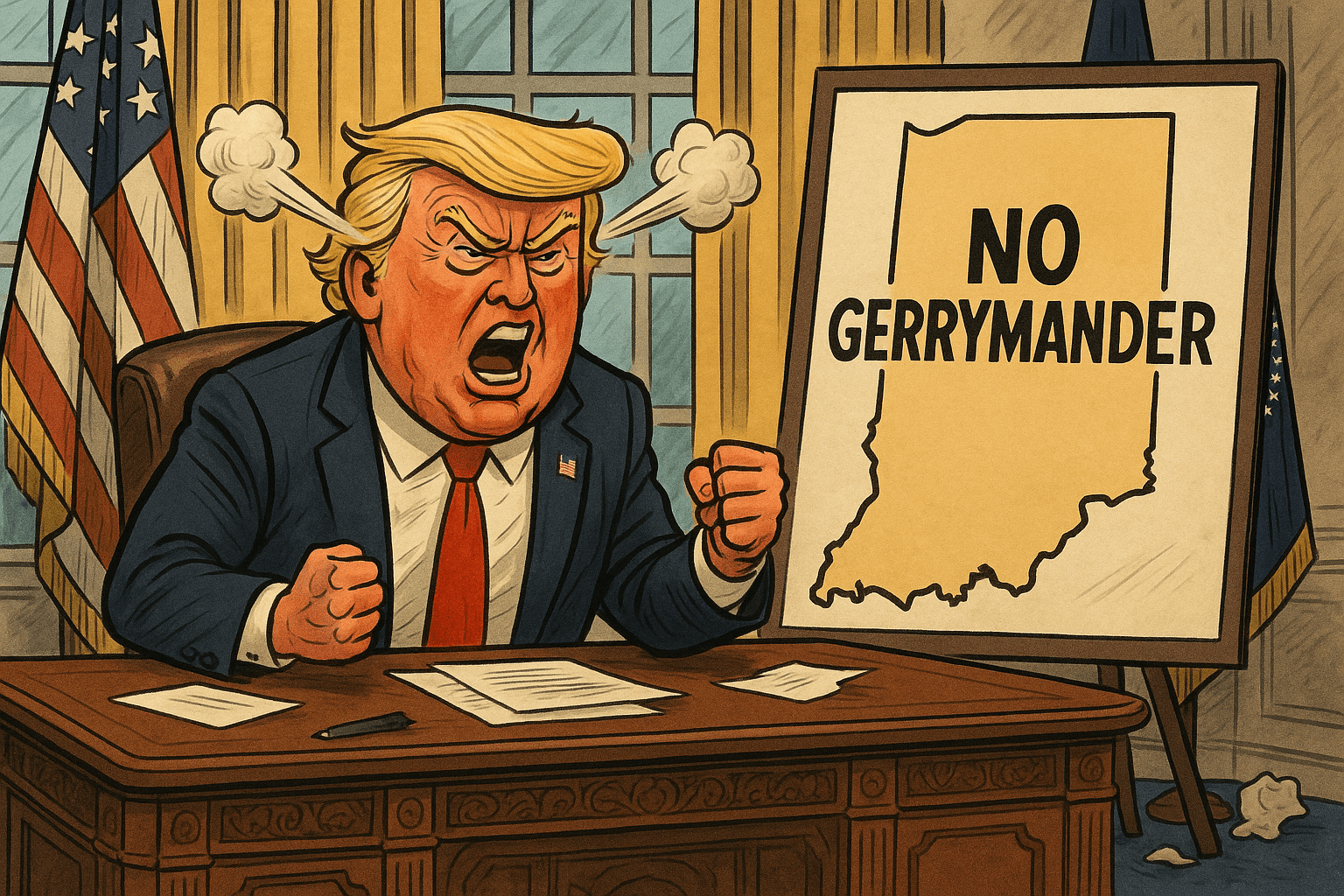After First RCV Election, Charlottesville Voters Back the Reform: 'They Get It, They Like It, They Want to Do It Again'

CHARLOTTESVILLE, Va. - A new survey out of Charlottesville, Virginia, shows overwhelming support for ranked choice voting (RCV) following the city’s first use of the system in its June Democratic primary for City Council. Conducted one week after the election, the results found that nearly 90% of respondents support continued use of RCV.
Additionally, 80% expressed strong support for its continued use.
The survey, conducted by Murmuration, was sent via text message to 8,699 voters who had participated in a local primary in recent cycles with a response rate of 4.4%. Survey respondents mirrored the broader voting population in terms of geography, demographics, and voting patterns.
Figures show that support for RCV was strong across age, race, gender, education level, and homeownership status. The only group with majority opposition was a small subset (5% of voters) who were dissatisfied with the election winners.
Charlottesville is only the second municipality in Virginia, after Arlington County, to use RCV for local elections. Election reform advocates say the feedback from voters reflects what other cities across the US have found: when voters get to use RCV, they understand it and embrace it.
“The results show what RCV cities across the country already know: when voters finally get to use ranked choice voting, they get it, they like it, and they want to do it again,” said Sally Hudson, Executive Director of Ranked Choice Virginia.
Voters Were Ready — and Confident
The City of Charlottesville and Hudson’s group led voter education campaigns ahead of the primary, which according to the survey seemed to have paid off:
- More than 90% of voters knew they’d be using RCV before casting their ballot.
- 96% said they were comfortable marking their ballot, and fewer than 4% had major questions or concerns.
- Over 90% of voters understood how their votes would be counted, with 62% expressing complete confidence.
The survey also comes after an NYC exit poll found that primary voters in the nation’s largest city continue to find RCV to be simple, fair, and easy. RCV advocates look at this data as validation for the reform and a counter to claims that it confuses voters.
Winners Had Broad-Based Support
Election results showed that Jen Fleisher, a first-time candidate, received 51% of first-choice votes, while incumbent Mayor Juandiego Wade earned 36%. Together, they were the first choice of 87% of voters — a notable indicator of majority representation.
Further analysis of second-choice rankings, using data from the city’s ballot scanners, revealed that:
- 47% of voters saw both their top two candidates win.
- No other candidate pairing would have resulted in greater voter satisfaction — not Wade and incumbent Brian Pinkston (35%), nor Fleisher and Pinkston (27%).
RCV supporters argue that the outcome illustrates one of RCV’s key strengths: delivering proportional representation. About half of voters preferred an incumbent and half preferred a newcomer — and they got one of each.
Despite critics’ warnings, the election proceeded with minimal technical issues. Just 30 ballots were invalidated due to marking errors, and half came from in-person voters who declined the offer of a replacement ballot.
Turnout was consistent with recent primaries: approximately 6,200 ballots were cast, similar to Charlottesville’s 2019 and 2021 Democratic primaries.
What’s Next?
The survey results will be part of a formal report presented to the Charlottesville City Council later this summer. Council members will consider whether to continue using RCV in future elections – a decision that could have a broader impact in Virginia.
Arlington County may be the only other jurisdiction in Virginia that uses RCV, but other localities are considering adopting it. Arlington County first used RCV for its county board elections in 2023, and interest in the system has grown across the state since.
As Hudson put it: “Voters in Charlottesville just joined a national trend — and they’re making it clear they want ranked choice voting to stay."
 Shawn Griffiths
Shawn Griffiths





